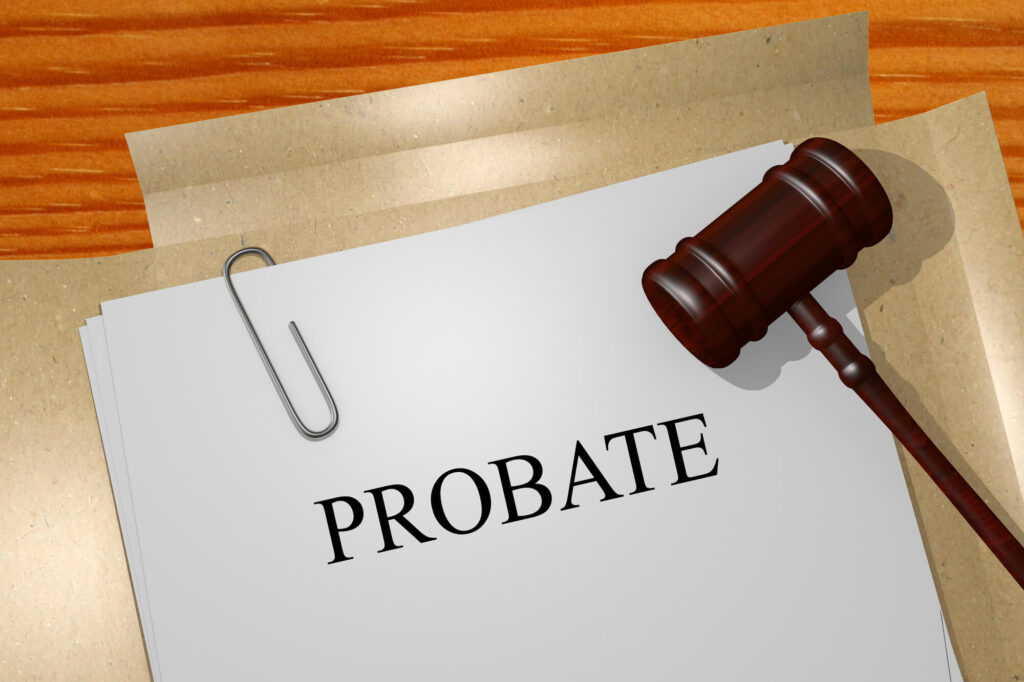Understanding the Role of Executors in Texas Probate Law
The executor plays a crucial role in the probate process, responsible for managing the deceased's estate according to the terms of the will. This includes settling debts, distributing assets, and ensuring that the estate is administered in compliance with Texas law.
In Texas, an executor must navigate various legal obligations, such as filing the will with the probate court and notifying heirs and beneficiaries. For instance, if an executor is also a beneficiary, they must handle potential conflicts of interest transparently to maintain trust and legality throughout the process.
Common Misconceptions About Texas Estate Planning
Many individuals hold misconceptions about estate planning, believing it's only necessary for the wealthy or that it can wait until later in life. In reality, estate planning is vital for anyone with assets or dependents, regardless of their financial status.
For example, failing to create a will can lead to intestacy laws determining asset distribution, which may not align with the deceased's wishes. Understanding these misconceptions can empower individuals to take proactive steps in securing their legacy and ensuring their wishes are honored.
Key Differences Between Wills and Trusts in Texas
Wills and trusts serve different purposes in estate planning, and understanding these differences is essential for effective asset management. A will outlines how assets should be distributed upon death, while a trust can manage assets during a person's lifetime and after their passing.
In Texas, trusts can provide benefits such as avoiding probate, maintaining privacy, and offering greater control over asset distribution. For instance, a revocable living trust allows individuals to modify the trust during their lifetime, ensuring flexibility in their estate planning strategy.
Navigating Guardianship Issues in Texas Estate Planning
Guardianship issues can arise when planning for the care of minor children or dependents with special needs. Understanding the legal framework for appointing guardians in Texas is vital for parents and caregivers to ensure their loved ones are protected.
In Texas, guardianship can be established through the probate court, and it is crucial to select a responsible individual who aligns with the child's best interests. For example, parents may designate a guardian in their will, which can provide peace of mind and clarity in the event of their untimely passing.










